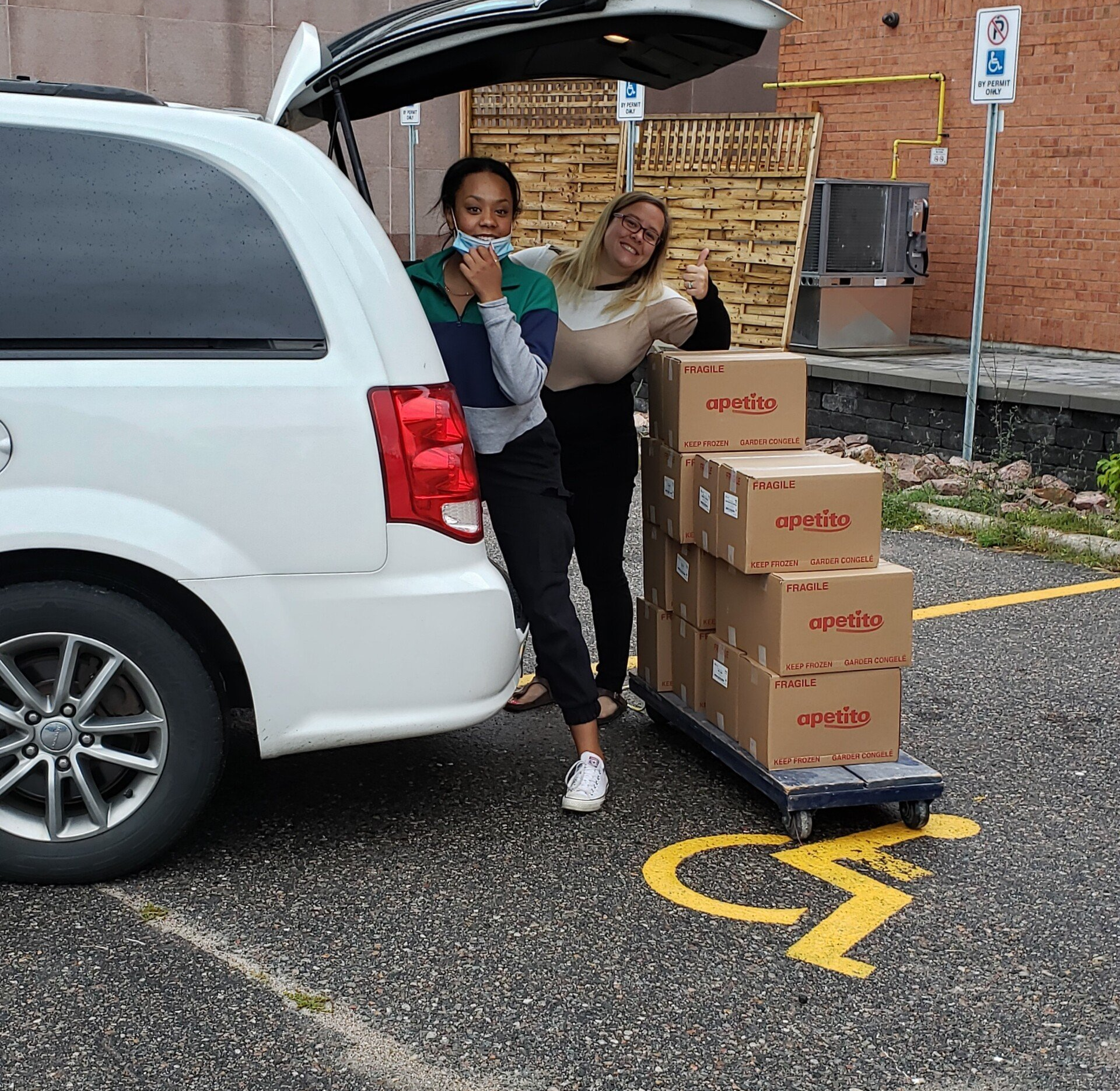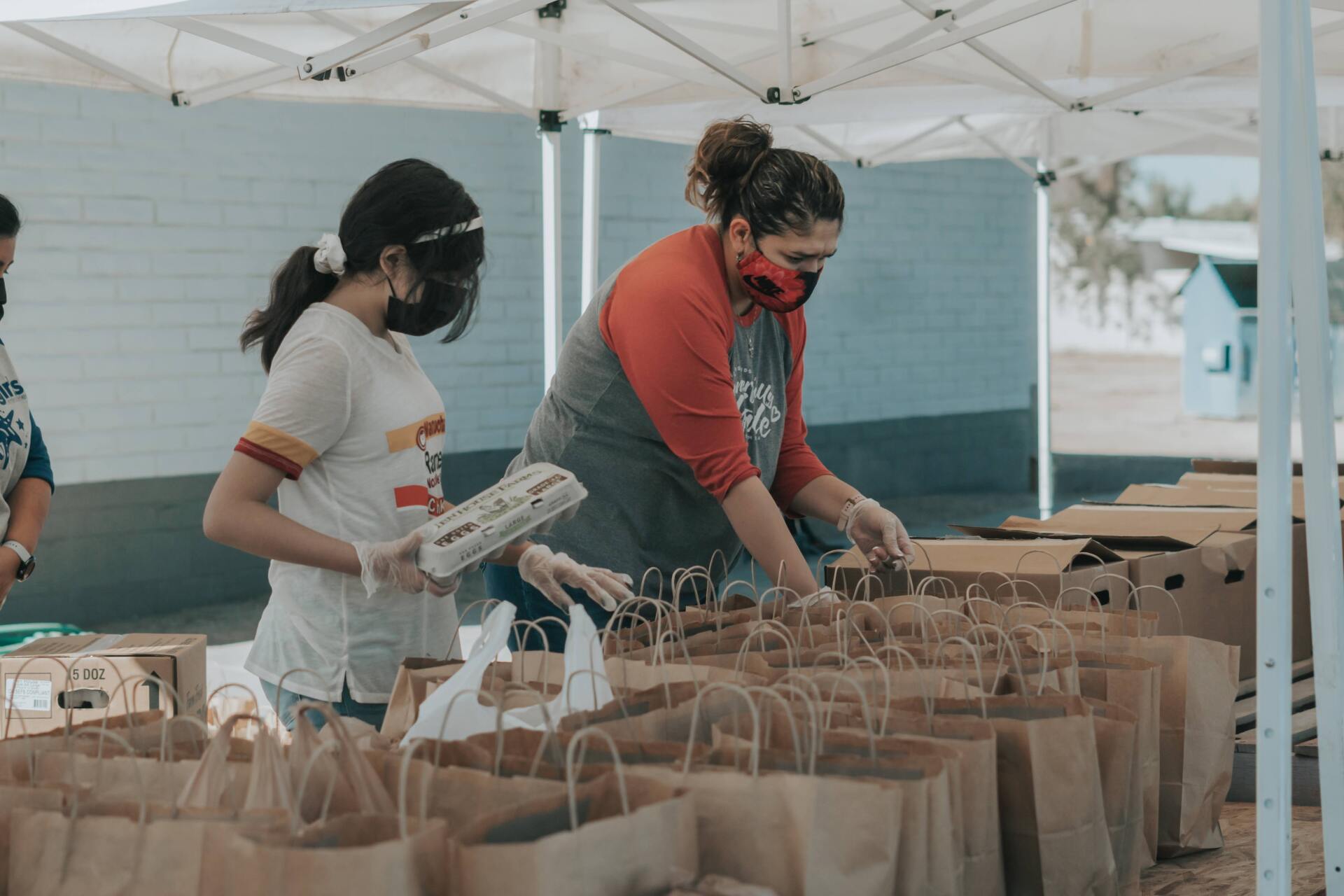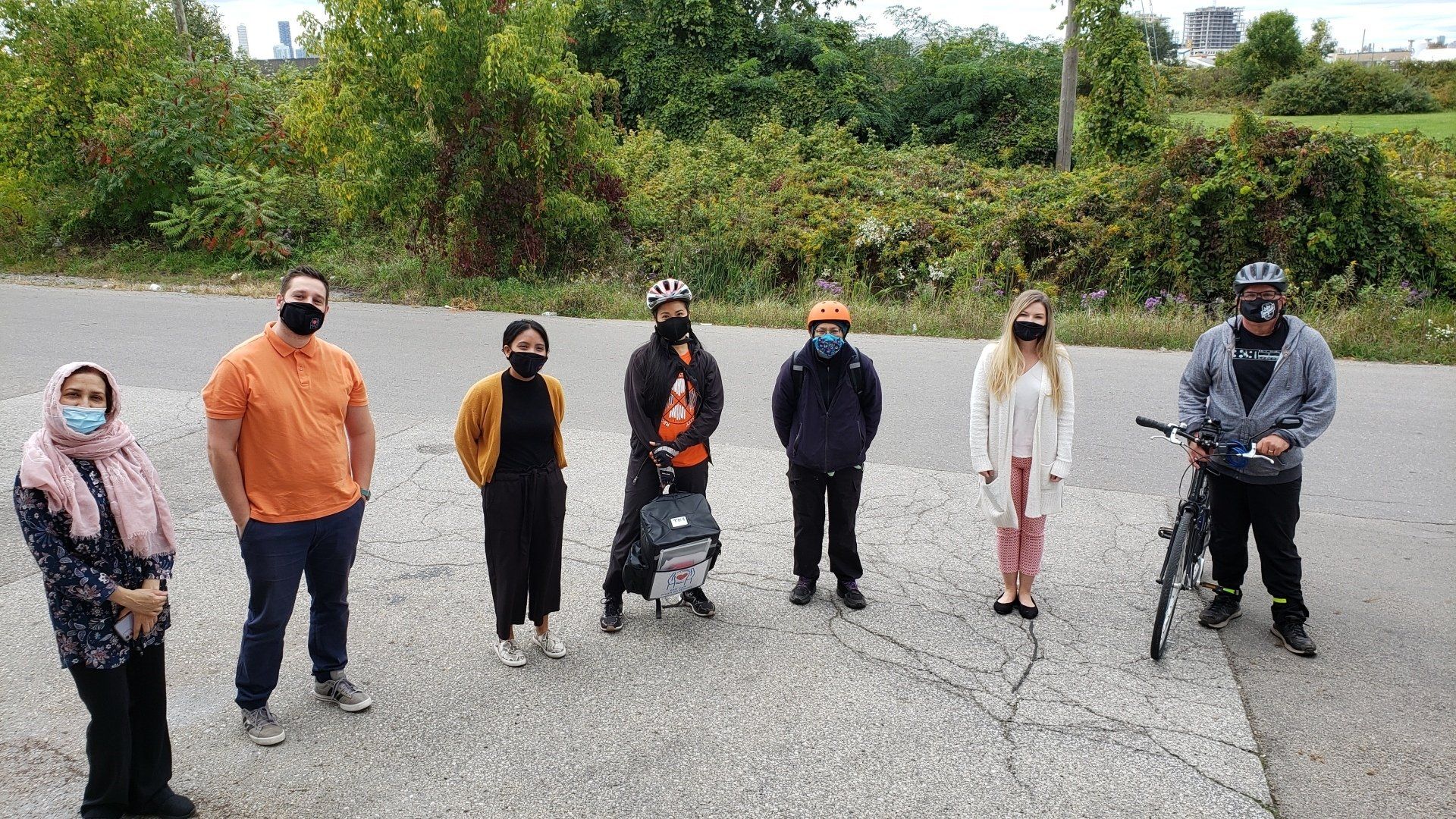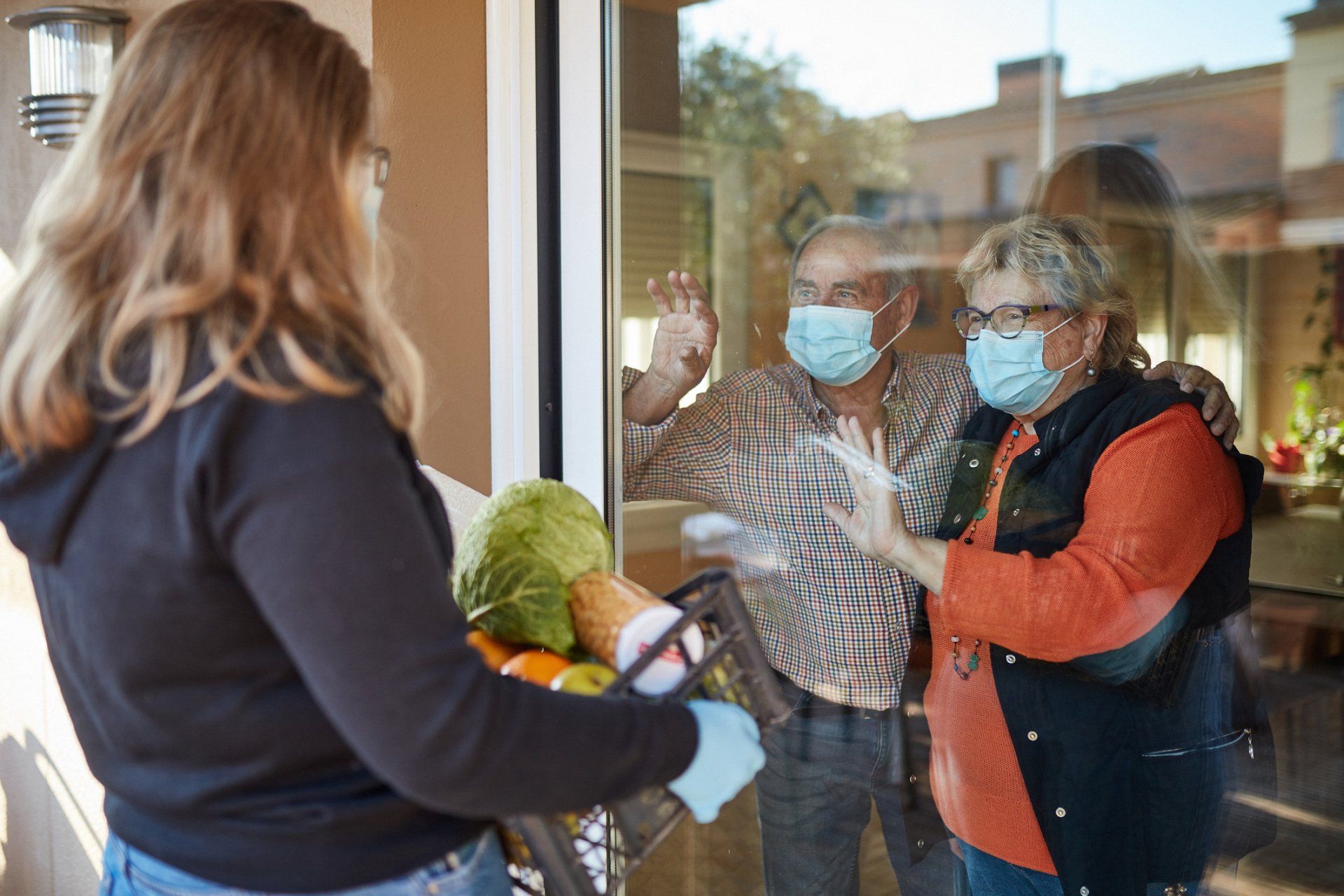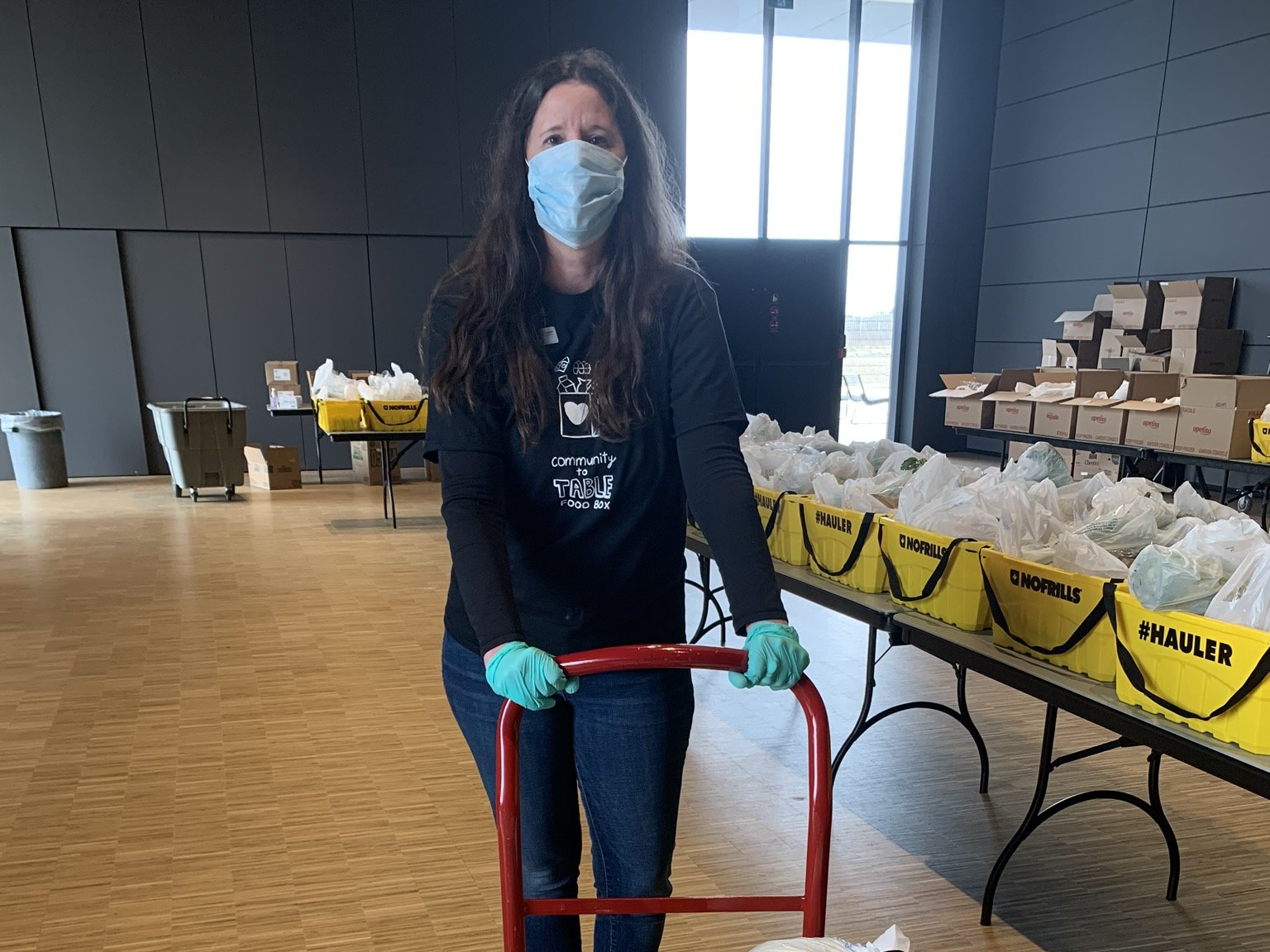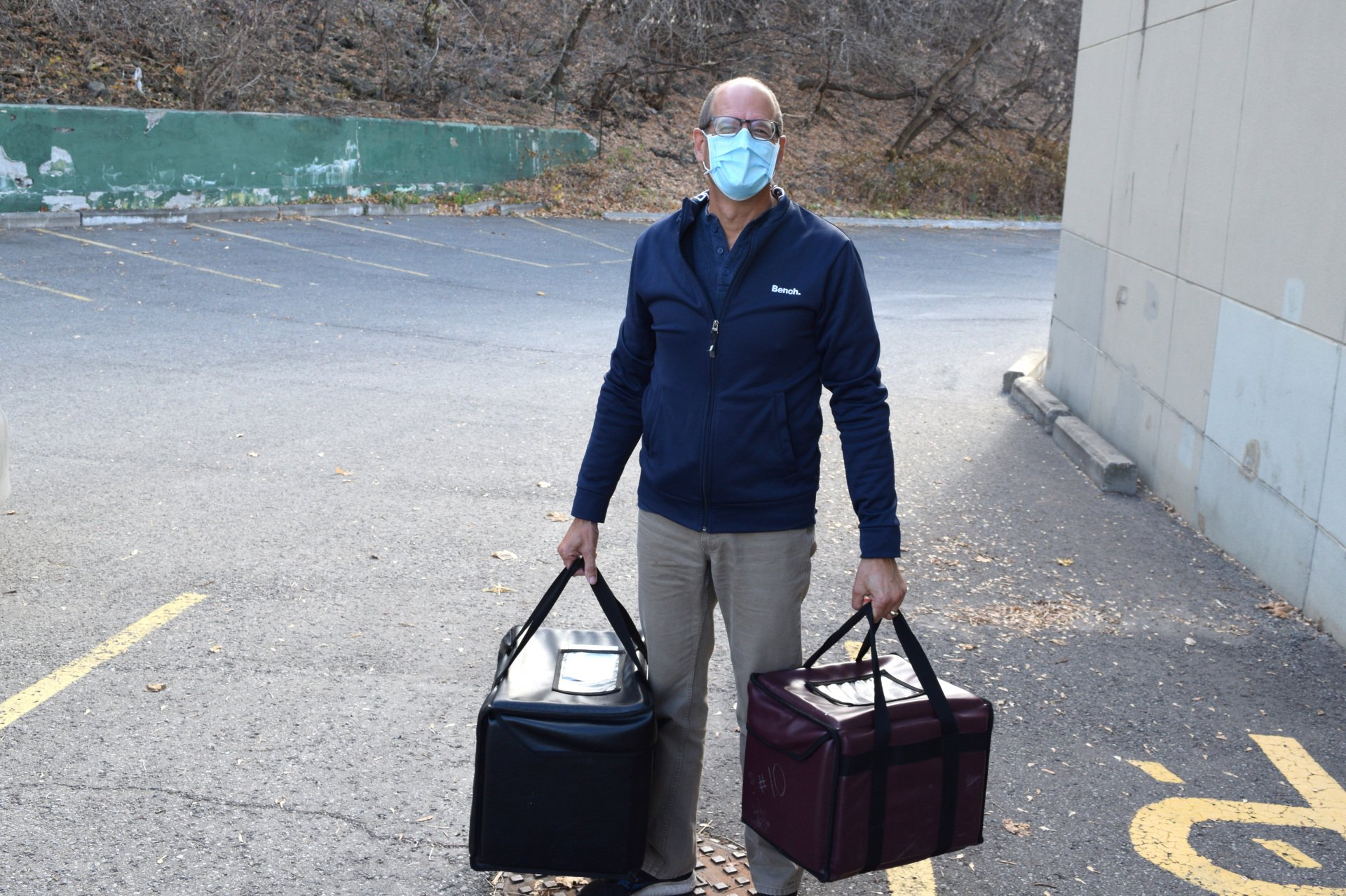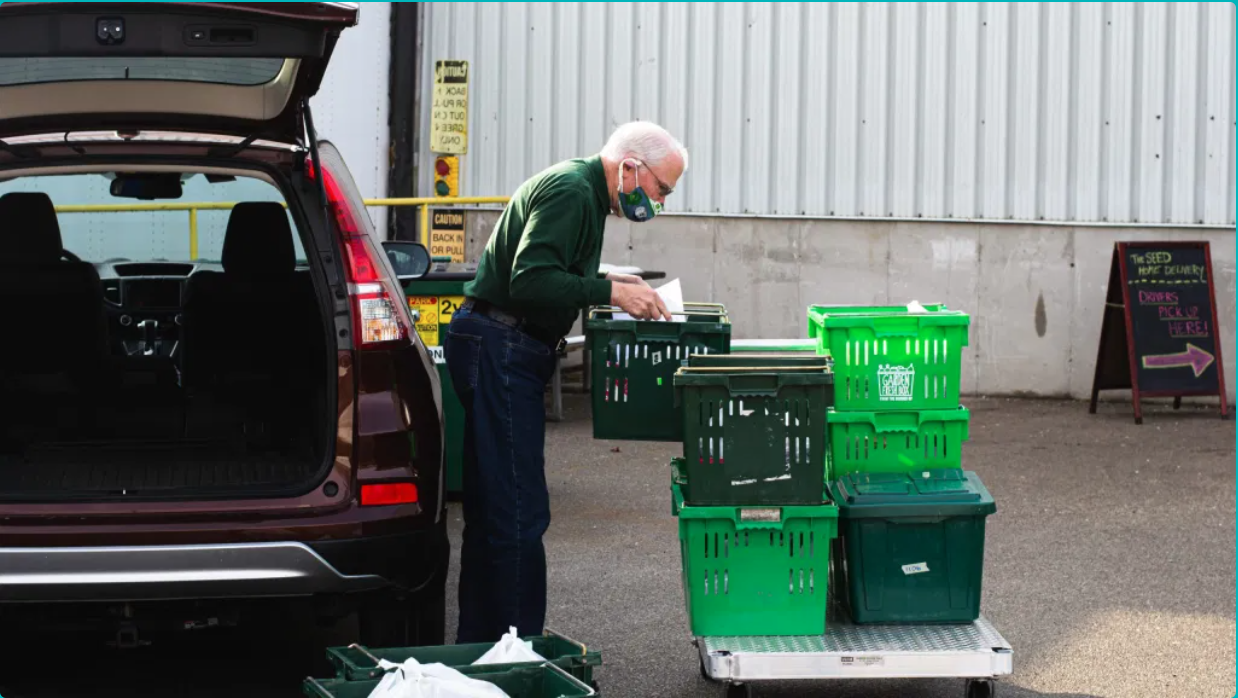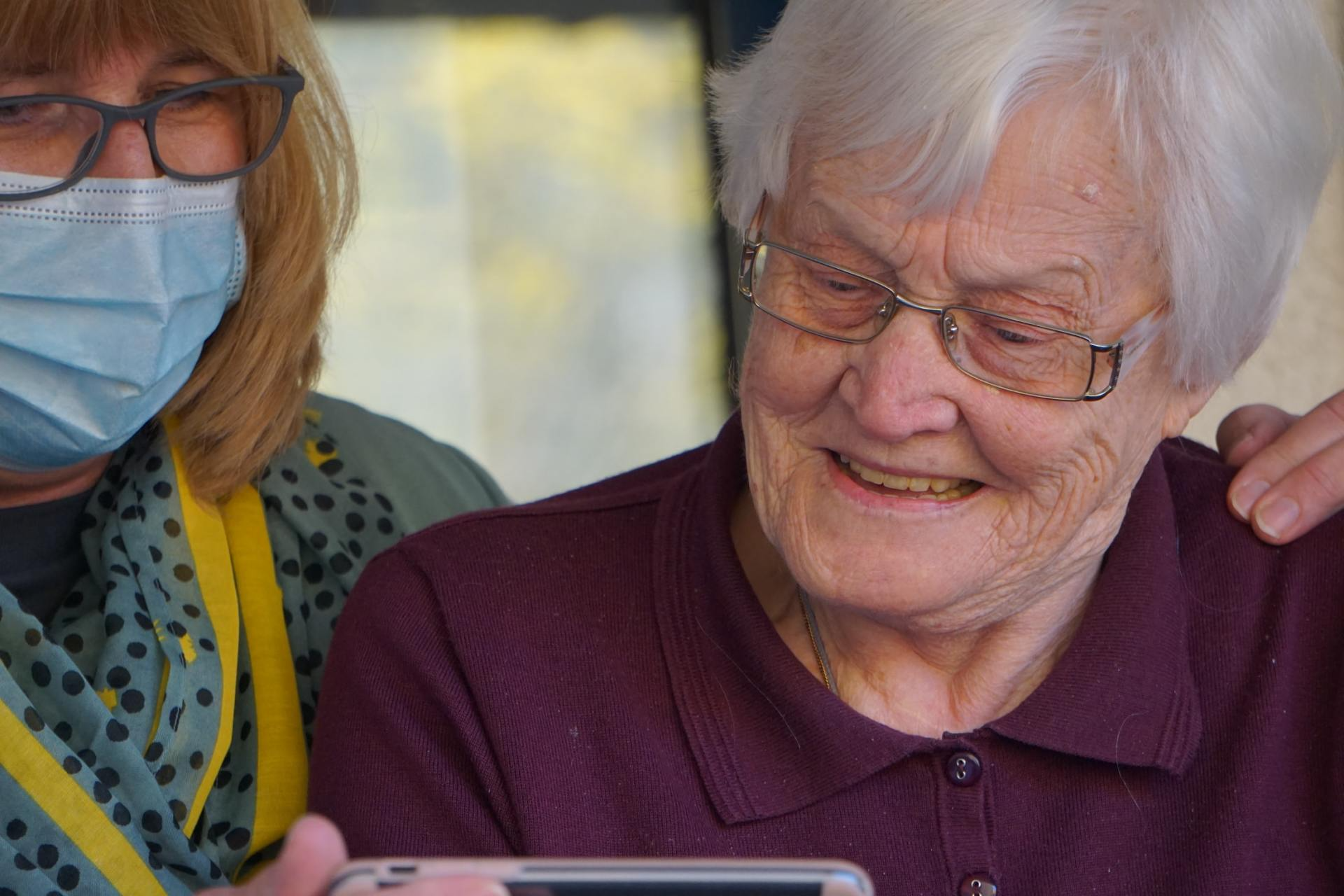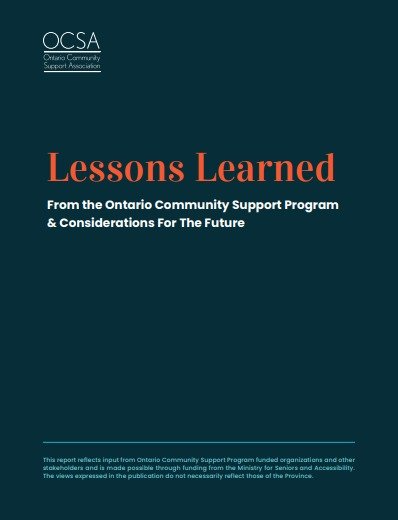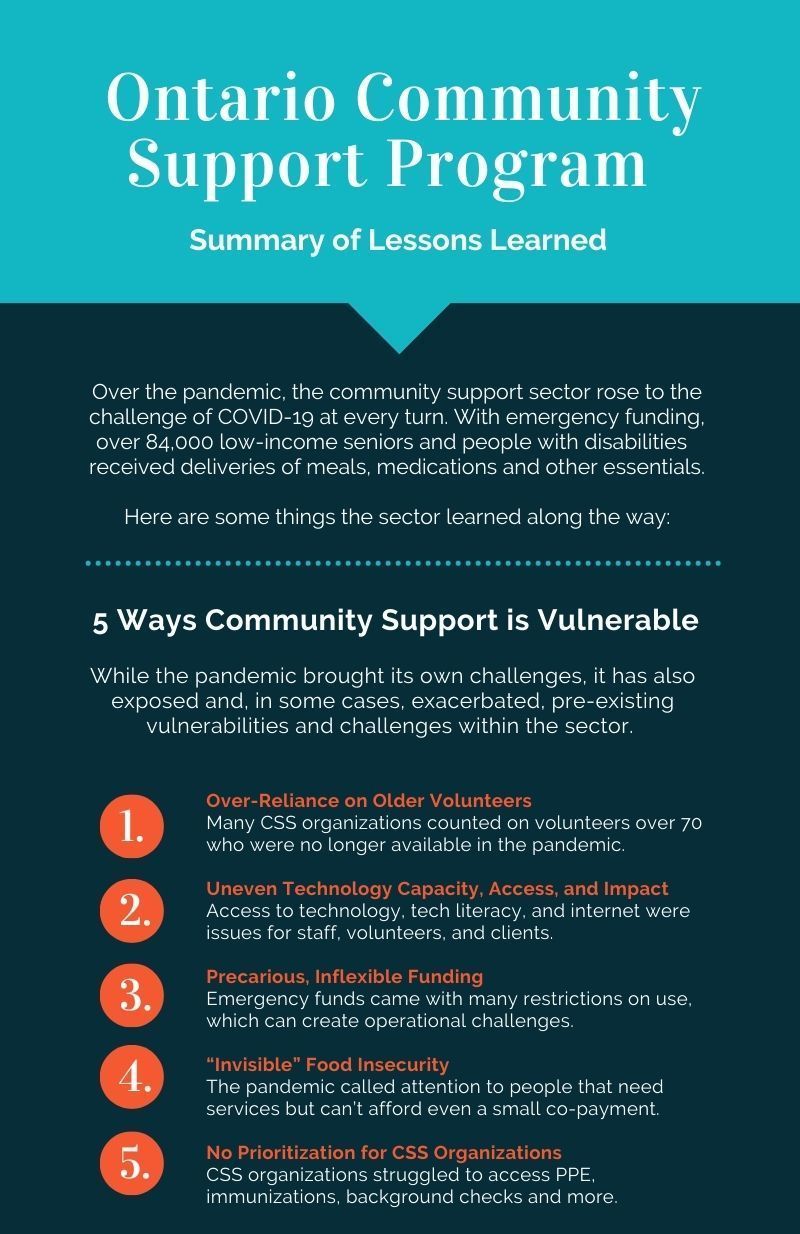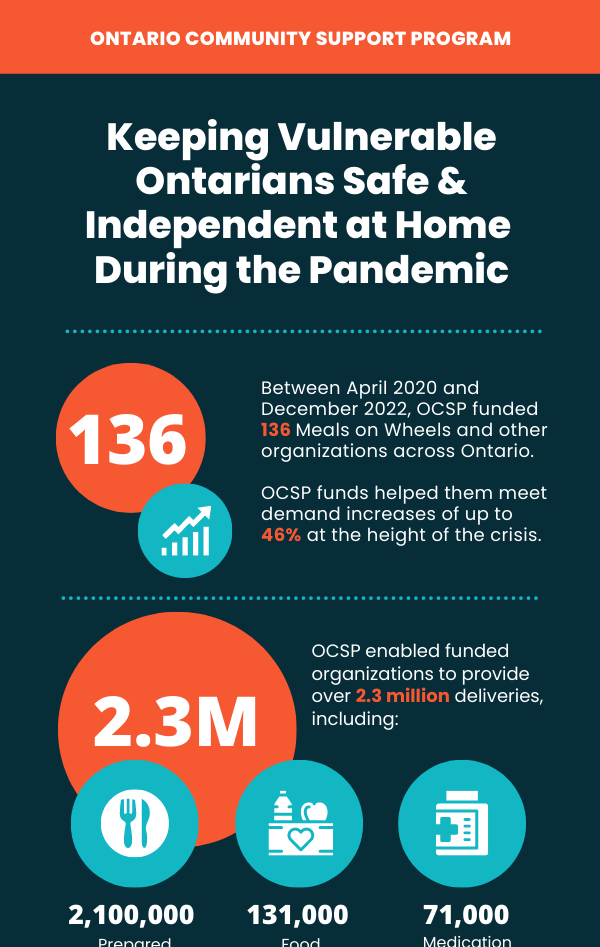By Kathleen Thompson
•
15 Oct, 2021
For over 36 years, East York Meals on Wheels has been delivering affordable and nutritious meals to seniors and adults with disabilities in the Thorncliffe community of Toronto. This summer, thanks to the Ontario Community Support Program and partnerships with neighbouring community organizations, they were able to add Halal meals to their offerings in a pilot program catered to their Muslim community-members. East York Meals on Wheels is based in Thorncliffe Park, a 2.2 square kilometre neighbourhood in Toronto, with around 30,000 inhabitants housed largely between several dozen apartment buildings. Adriano Murarotto, Executive Director of East York Meals on Wheels explains, “The community here is a landing spot for a lot of newcomers, especially from the Pakistani area...and unfortunately, there's just many layers of barriers,” including limited settlement services, grocery stores, and transit options in the area. Food insecurity in the community, worsened by the pandemic, prompted another Thorncliffe community support association, The Neighbourhood Organization (TNO), to set up a food collaborative, an impromptu food bank of sorts. Invited for a tour, Adriano was faced with a long line of people stretching through the parking lot, and across the plaza. “I thought originally ‘These people are lining up for their vaccines,’” Adriano remembers. But he quickly realized, “These people aren't here for vaccinations, people are here for food.” The staff at TNO explained that, as many community members as there were in line, there were still others, mostly seniors and adults with disabilities, who weren’t physically able to get to the food collaborative or carry items home, and TNO didn’t have the infrastructure for delivery. Adriano said, “Well, this is a perfect match because we have infrastructure for delivery, via our volunteers, and we have a history of doing this and we may be in the same buildings during the day as the clients that you're serving.” The TNO and East York Meals on Wheels worked quickly to put a pilot project together, teaming up with additional community organizations like Health Access Thorncliffe Park, who helped to connect the program with community members in need, and The Bike Brigade, a group of volunteer delivery cyclists, who were instrumental in getting the meals to the clients who needed them the most. “The connections within the community have been wonderful,” Adriano says, noting that collaboration between organizations isn’t always so simple. “In this sector, we're so territorial about our catchment areas...that's sort of been the way that we’ve been funded. So it's what we know. But through this project, I've reached out to our bordering neighbors, agencies, and I told them about what we're doing. And they said, ‘Please, we welcome you to come into our catchment area...because we don't know what to do.’” It wasn’t a matter of simply adding these new clients to their existing Meals on Wheels program though. A key demographic of the community is Muslim, meaning the meals needed to be Halal -- the dietary standard prescribed in the Qur’an, which requires paying attention to ingredients and how food is prepared. Adriano and his team got to work researching local Halal meal providers, participating in cultural training and food safety training from the Halal monitoring authority, and purchasing new storage and transport equipment to properly segregate the Halal meals from other meals, in part made possible by the OCSP. “The OCSP has been key in starting this pilot up,” Adriano says, noting that the funding also helped with administrative costs to coordinate the new routes and volunteers, and with the subsidy of the meals, which was a huge relief to the folks receiving them. Many people admitted they were often skipping meals, were forced to choose between medication and food, or may have had to eat ‘haram’ (‘forbidden’ foods) simply because that’s all that was available to them. “We learned a lot about our blind spots as an agency,” Adriano says, “Because we were, for so many years, serving the same types of meals on a very limited menu, and really not catering to this community that is at our doorsteps here.” With 418 meals sent out in the first full month the program was operating (and that’s just for two days a week!) more people are already being served in their Halal program than their regular Meals on Wheels program. “I think if there's one thing that we can say, it’s that we're sad that we hadn't done this sooner, because it's a program well overdue,” Adriano says. Due to the success of the pilot, it has been extended, with the intent of making it permanent. Clients are so grateful for the program that some of them are coming on as volunteers. “It was beautiful to see,” Adriano says, “Because the need was finally being connected with the resources.” “Without the help from the OCSP, this program wouldn't have been possible,” Adriano says, “And we wouldn't have come out so wholesome from the pandemic, if it wasn't for the OCSA support, and the continuous advocacy that OCSA provides. It's a beautiful association, and we're honored to be part of it.” East York Meals on Wheels is one of 136 community support service organizations who has received OCSP enhancement funding. Since May 2020, the program has provided over 1.3 million deliveries of food, medications and essentials that have helped seniors and people with disabilities stay safe during the pandemic. The OCSP program is funded by the Ministry for Seniors and Accessibility.
